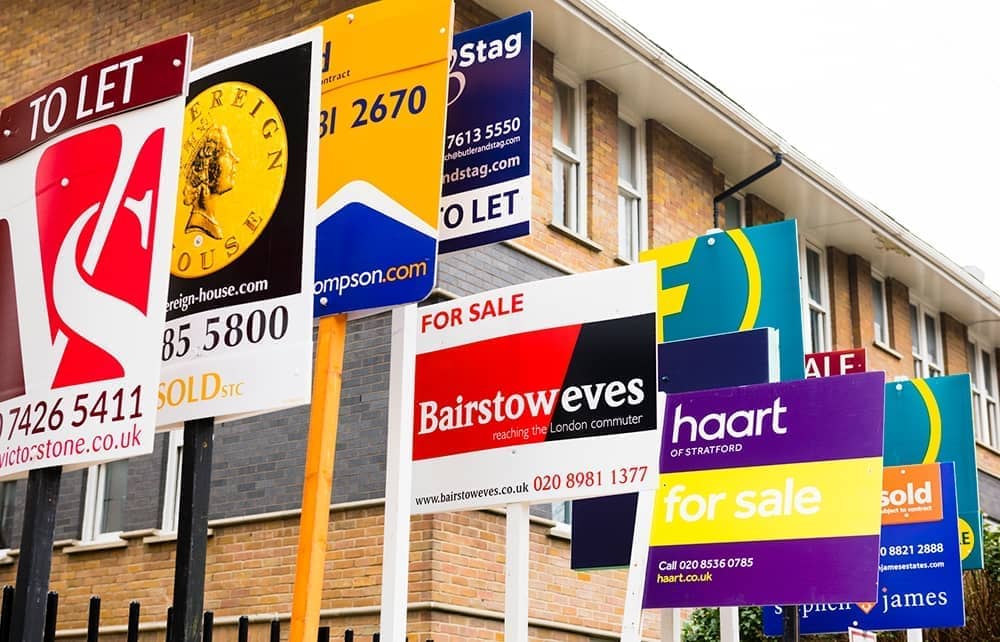Where next for house prices? Clearly, they’re going down as mortgage rates go up – and my forecast in May that they would shed ‘recent froth’ and then stagnate rather than plunge, has been entirely overtaken by events, or at least by Kwasi Kwarteng’s calamitous ‘fiscal event’ last month.
Reverberations from the Chancellor’s debut continue apace, with more emergency bond-buying by the Bank of England despite news that the OBR-assessed forecast missing from his September speech will now be unveiled on 31 October instead of on 23 November. But even if the books can be cooked in a way that makes more sense than markets expect, hundreds of mortgage deals have been withdrawn and average two- or five-year fixed offers have already moved above 6 per cent. The talk is of house-price falls of 10 to 15 per cent over the next year, which, given inflation equates to real-terms falls of 20 to 25 per cent, is akin to post-2008.
But even combined with a raised stamp-duty threshold, lower prices may not improve affordability while monthly mortgage costs are sharply higher. So the dreams of many first-time buyers will for the time being be broken and the collapse of selling chains will crush transaction numbers this winter, with knock-on effects in estate agency, retail sales and mobility of labour.
All Kwasi’s fault? Of course not, in the sense that house prices which had risen by two-thirds in a decade were bound to lose steam as soon as interest rates, homeowners’ costs and recession risks started to rise. Indeed, a flatter price graph after a long surge would have been no bad thing if it allowed affordability to catch up. But has Kwarteng personally fuelled the ‘material risk to UK financial stability’ to which the Bank has been forced repeatedly to respond and of which housing market disruption is a symptom? Yes he has.








Comments
Join the debate for just £1 a month
Be part of the conversation with other Spectator readers by getting your first three months for £3.
UNLOCK ACCESS Just £1 a monthAlready a subscriber? Log in